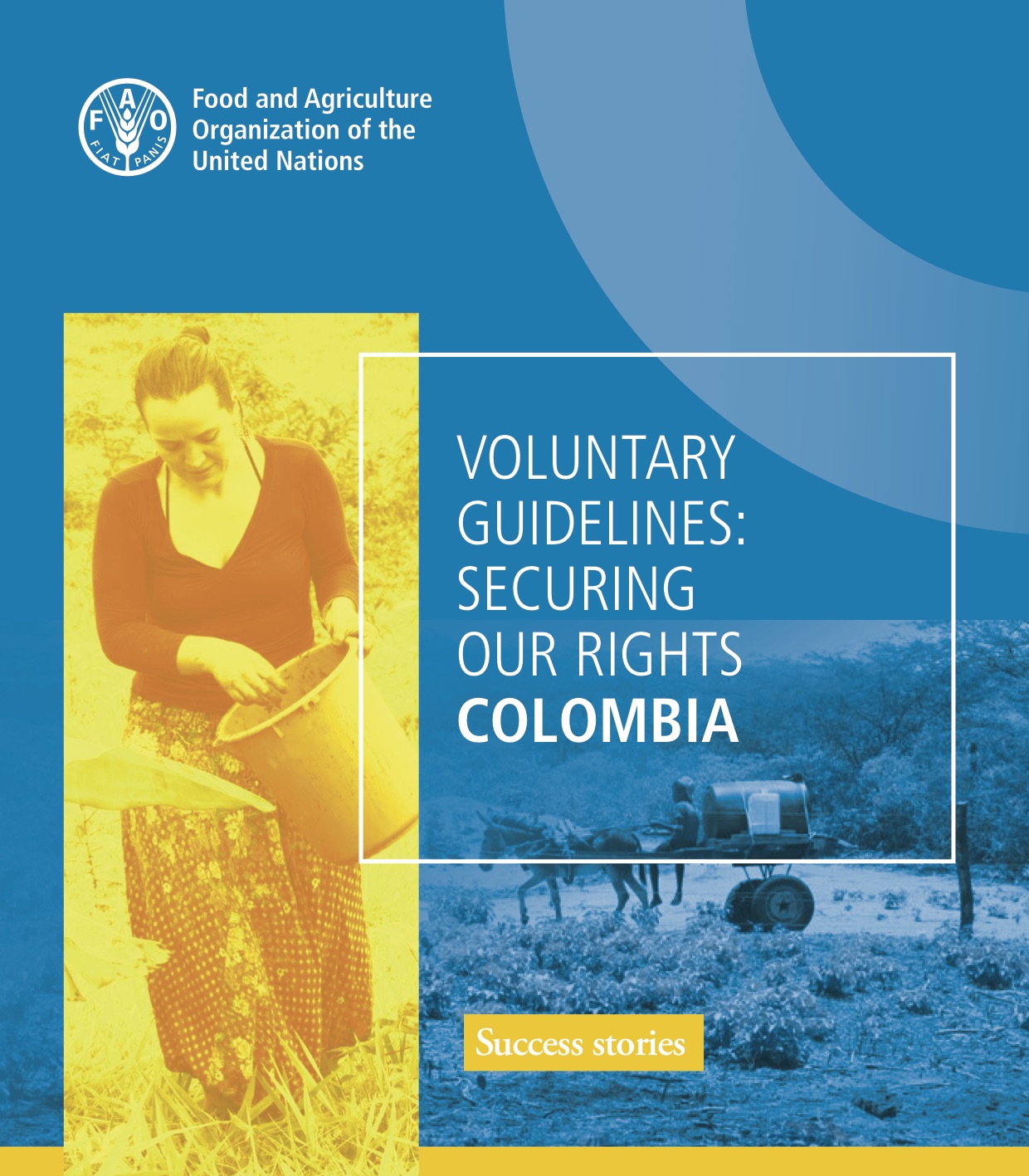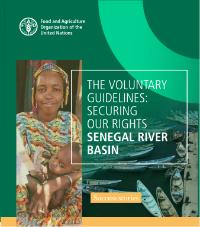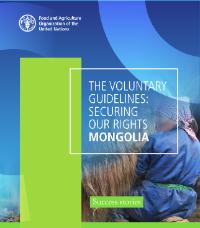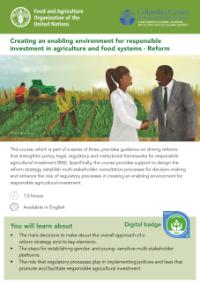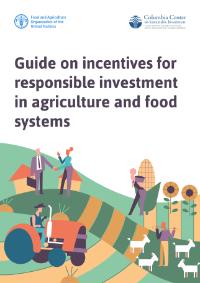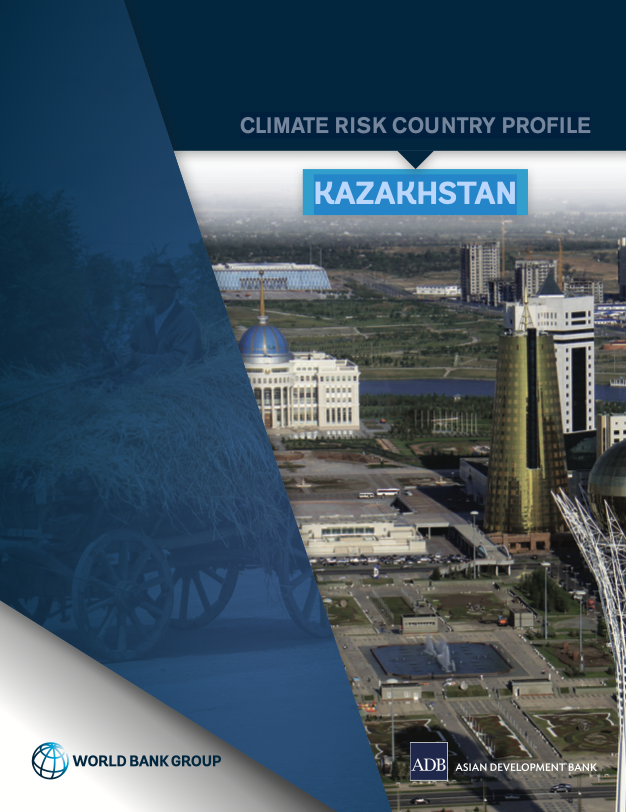VOLUNTARY GUIDELINES: SECURING OUR RIGHTS COLOMBIA
In May 2012, the Committee on World Food Security approved the Voluntary Guidelines on the Responsible Governance of Tenure of Land, Fisheries and Forests in the Context of National Food Security (the “Guidelines”). The Guidelines have been described as a catalysing instrument that improves the conditions of land and natural resources, in the agricultural, fishery and forestry sectors. They address problems related to poor governance of land tenure and the growing pressure exerted on natural resources, thereby helping countries to achieve food security for all.

